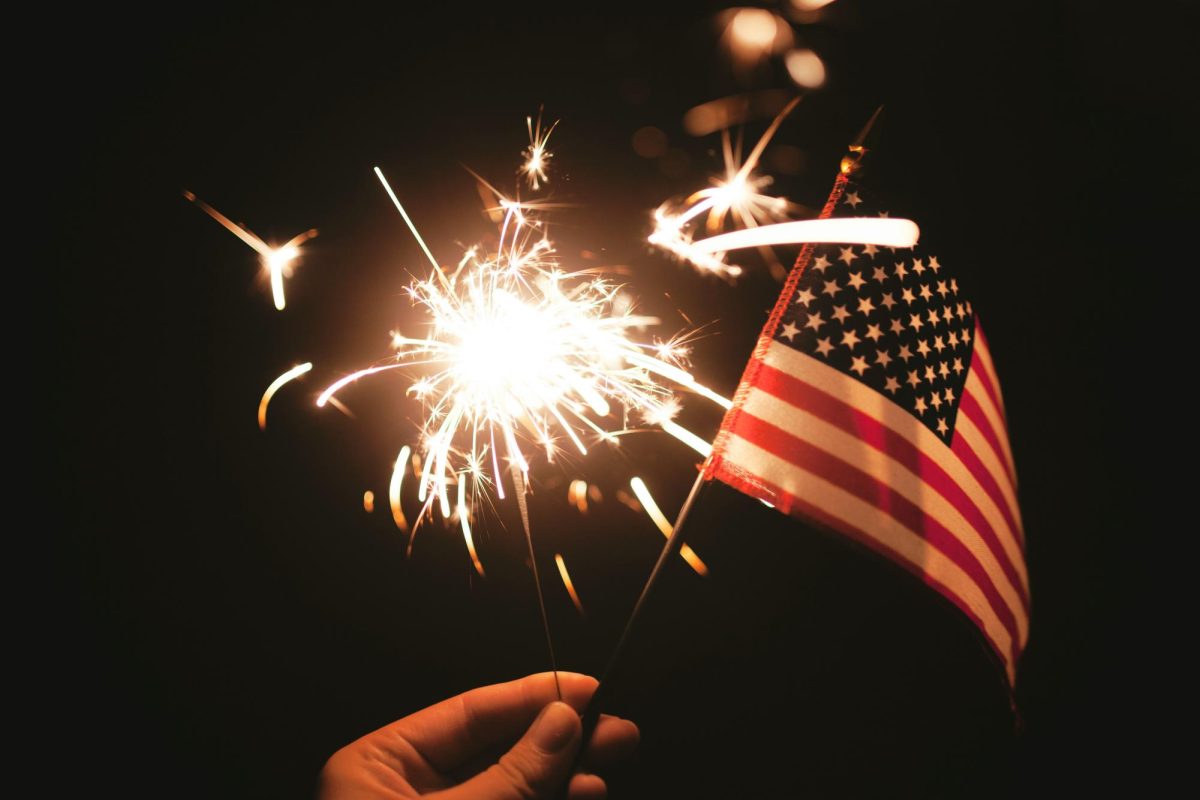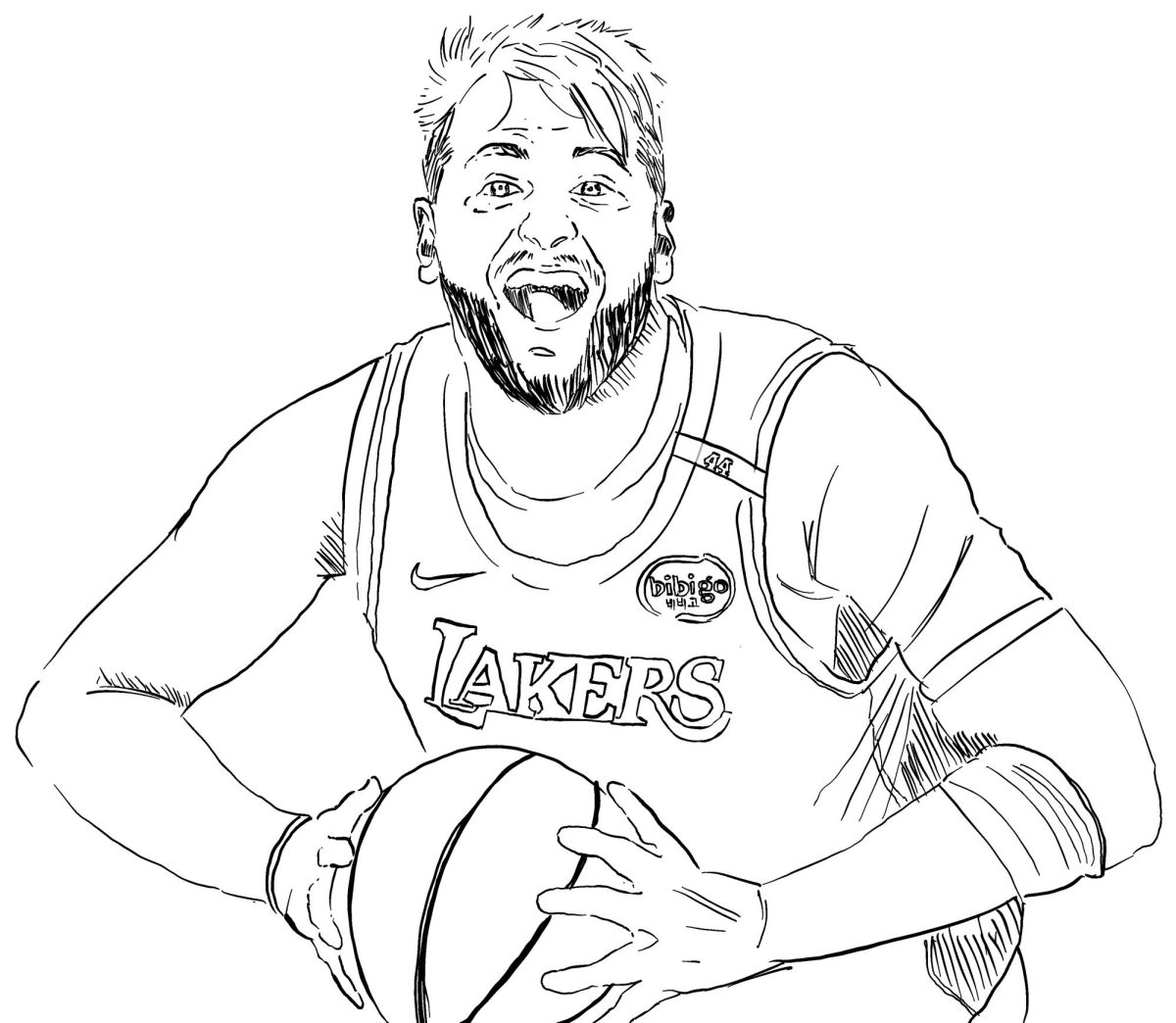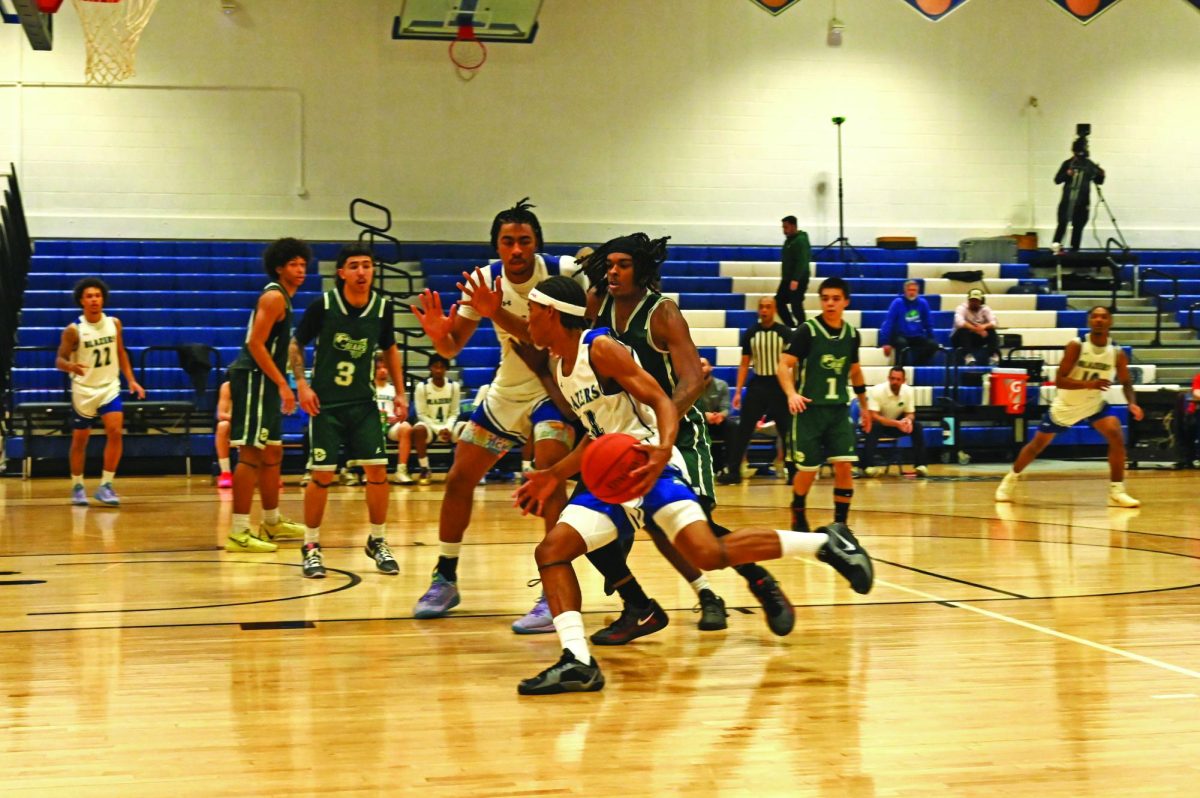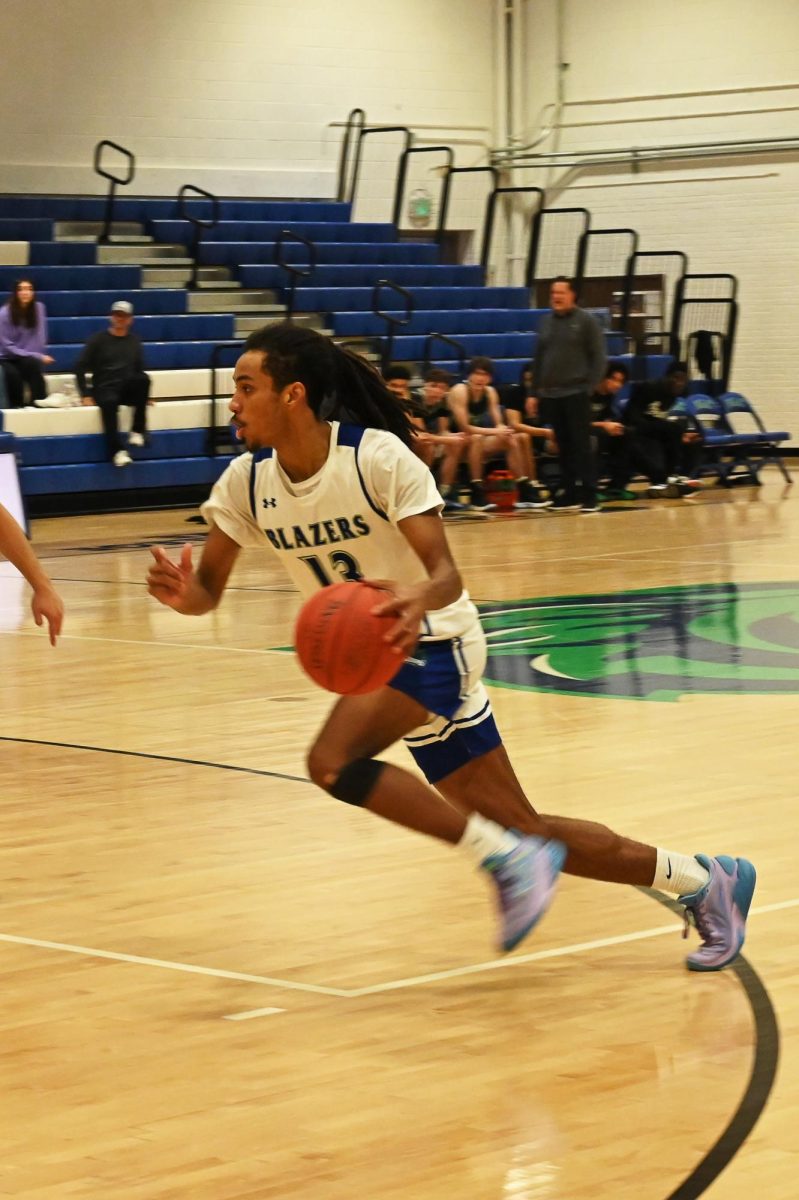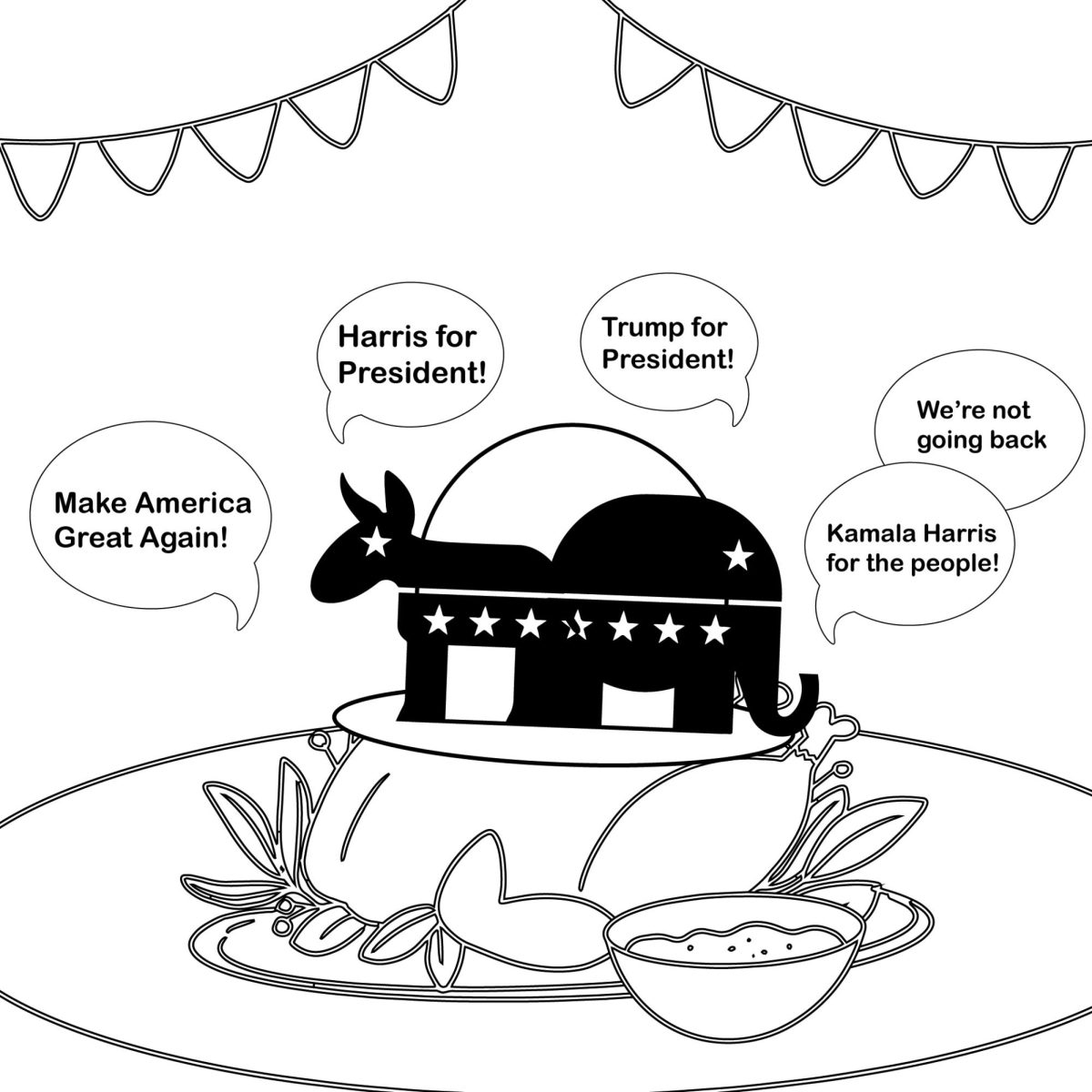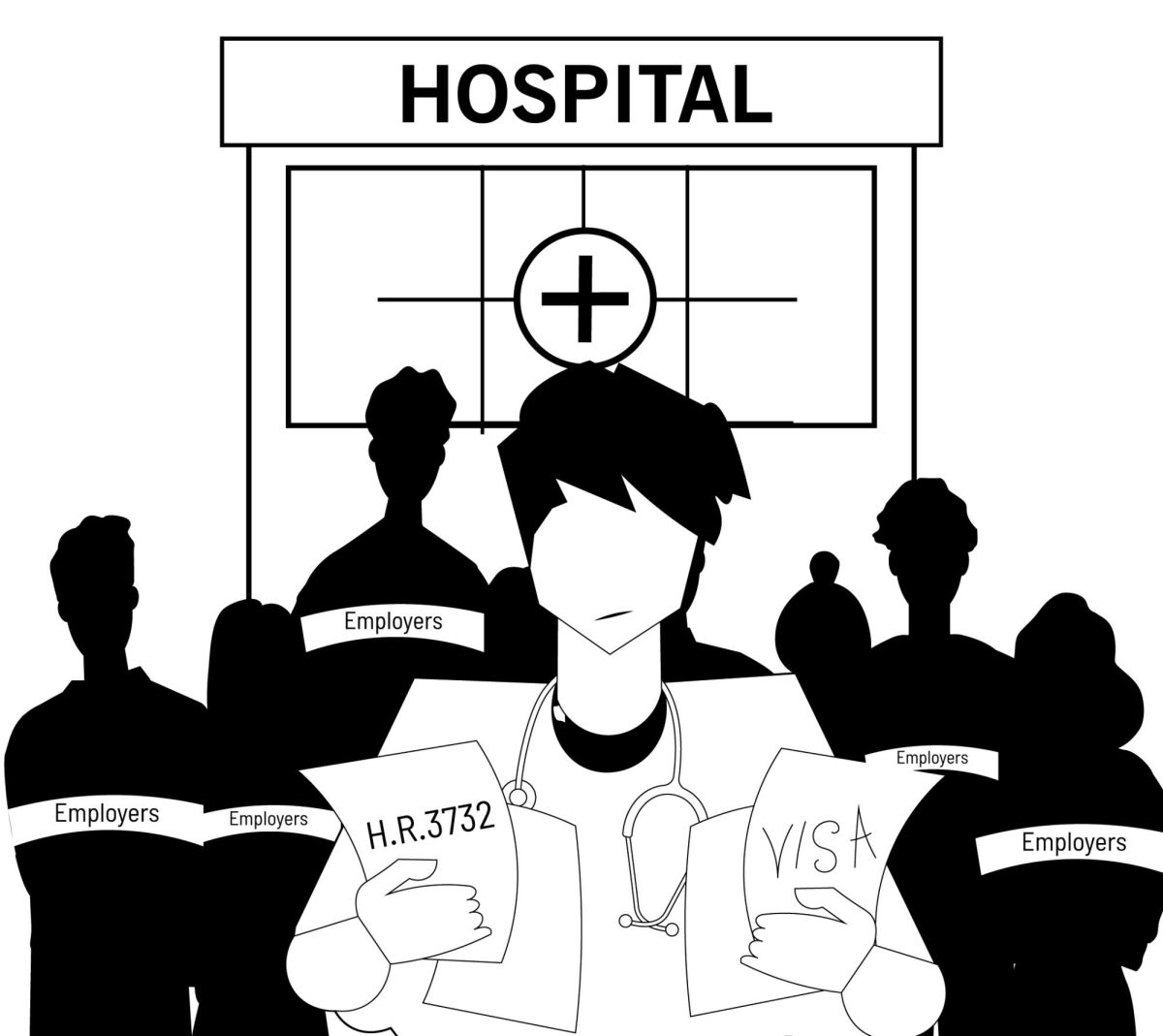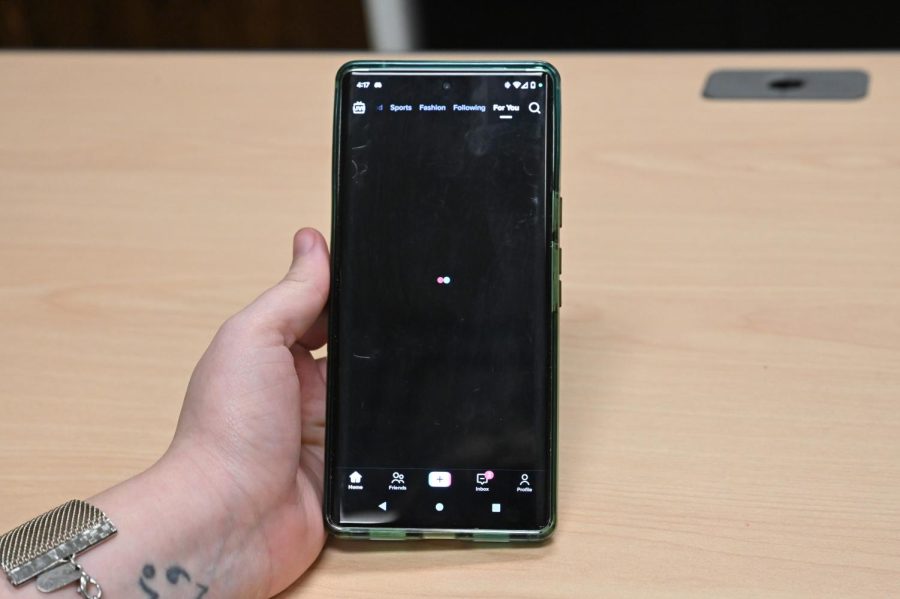Dallas College bans TikTok on campus
“TikTok” will not load on any device when connected to the college internet because of the new ban.
Governor Greg Abbott issued an order to ban the video-sharing application TikTok on all state-issued devices at the end of 2022.
This includes all state agencies (including Institutions of Higher Education) from College-owned and issued devices and networks.
Following the order, the Texas Department of Public Safety and the Texas Department of Information Resources published detailed guidelines to guide agencies’ compliance with the Governor’s directive.
These security policies had to be put into effect by Feb. 15.
In accordance with those guidelines, Dallas College announces four preliminary steps for compliance that affect faculty, staff and students.
Cease all use of TikTok on college-issued devices and remove the app from any device in your possession. Cease posting to TikTok on college-sponsored devices and remove all links to TikTok from college-sponsored websites.
Devices include and are not limited to cell phones, laptops, tablets and desktop computers.
“As a public institution of higher education in Texas, Dallas College is following the Governor’s recent order to ban the use of the social media platform TikTok,” said North Lake Campus’ President Dr. Christa Slejko. “In complying with the order, Dallas College will not use the platform to post-college information and will block users from accessing TikTok while on Dallas College networks.”
Dallas College is also working on a plan to meet the following objectives required by the state.
Ban and prevent the download or use of the app, prohibit college employees and contractors from conducting college business on the app and identify sensitive locations within the college that could be exposed to the app, prohibit devices with the app on them in these locations.
North Lake Campus student Christian Mpuhwe said, “TikTok allows people to share their creative gifts and demonstrate their skills.” He believes that other social media platforms like Instagram are limited and TikTok has some creative features that are not available on Instagram.
However, Mpuhwe said he can see the flip side of the coin and how TikTok can have severe consequences on mental health and national security.
“The security risks associated with the use of TikTok on devices used to conduct the important business of our state must not be underestimated or ignored,” Abbott said in a statement according to thehill.com.
“Owned by a Chinese company that employs Chinese Communist Party members, TikTok harvests significant amounts of data from a user’s device, including details about a user’s internet activity,” he added.
Texas is not the only state to create a ban for TikTok. North Dakota, Idaho, Iowa, South Dakota, South Carolina, Maryland, Utah, Oklahoma, Alabama, New Hampshire, Georgia, Tennessee, Montana, Wyoming and Virginia all have bans in place.
“The director of the FBI recently warned that the Chinese government can control TikTok’s content algorithm, allowing it to perpetuate influence operations within the United States,” Texas Gov. Greg Abbott wrote in a Dec. 7 letter to the lieutenant governor and state House speaker announcing that state’s ban according to NPR.com.
Gov. Abbott spent last year asking TikTok to do a better job of policing its channels. According to khou.com he said, “Stop allowing your platform to be used for cartels to advertise to recruit Texans or Americas to commit crimes aiding or abetting cartels.”
As of March 1, the only update TikTok has released to limit teens’ access is putting a 60-minute daily screen time on their accounts. Which will roll out to all users under the age of 18 in the next few weeks.
“We consulted the current academic research and experts from the Digital Wellness Lab at Boston Children’s Hospital in choosing this limit,” said TikTok.
Once the 60-minute limit has been reached, teens will be prompted to enter a passcode in order to continue watching, requiring them to make an active decision to extend that time.
For children under 13 the daily screen time limit will be set to 60 minutes, but the passcode will have to be made by and entered every time by a parent or guardian. That will then give them an extra thirty minutes of viewing time.
Also on March 1, the House committee voted to advance legislation that would make it easier to ban TikTok from the United States and crack down on other China-related economic activity, amid vocal objections from some lawmakers and civil liberties advocates who argue the proposal is unconstitutionally broad and threatens a wide range of online speech.


